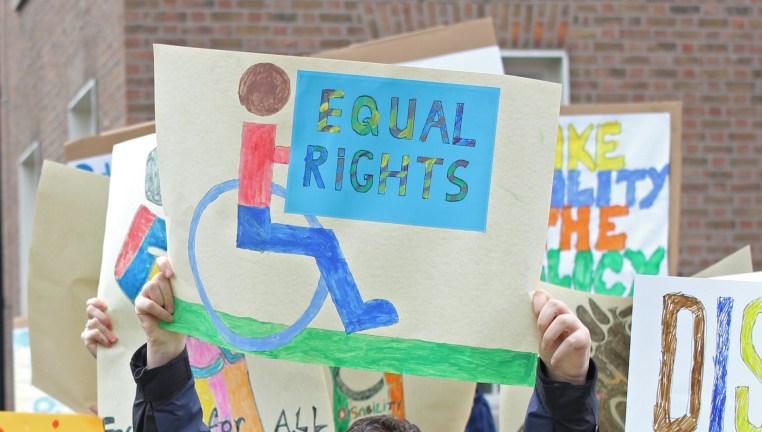It is true that the latest British library statistics make for dire reading. Over the last decade around a fifth of our public libraries have closed and just under a third of jobs have been lost. At the same time, the number of people both visiting public libraries and borrowing books continues to fall.
The way we consume books, information and knowledge has changed, and trends in library use reveal the changing demands of consumers. Yet library statistics also tell a more insidious story about the ways and means austerity is impacting on local communities.
Councils across the UK are being asked to manage huge spending reductions alongside mounting demand for social care. In this context, it isn’t hard to understand why local authorities are choosing to protect core statutory services – nor why public libraries and other services (like youth services, culture and sport) are collateral damage in the process.
During my research for the Leverhulme Trust on public libraries and austerity, I’ve seen firsthand all that we will lose if disinvestment in public libraries continues. So, what’s so special about a public library? Well, for starters they are a free and accessible community resource – something that is becoming ever more scarce. When working well, they can be a vibrant community hub for education, digital inclusion, workforce development, community engagement and more.
While libraries can benefit all parts of a community, they can hold special significance to those with no permanent home.
While such spaces can benefit all parts of a community, they can hold special significance to those with no permanent home. Being homeless often involves a relentless daily routine of moving between institutions, services and public places. This comes with a huge physical and psychological toll. In this context, a public library can provide a place to ‘just be’ which is reliable, warm and safe. As one library user I spoke to said: “When I go to the library I can just chill.” Another commented: “It’s a steady place. It takes me away from the noise and the stresses of the street.”
Others I spoke to talked about the library in the way we might talk about home. They liked, for example, going to the library to find their favourite chair, retrieving the same book from the shelf and having friendly exchanges with staff or visitors. Importantly, these social exchanges were valued because they did not focus on a person’s homelessness. Unlike the local soup kitchen or the housing office, it was possible to go to the library unmarked by the stigma of homelessness and be, in the words of one homeless library user, “normal”.









